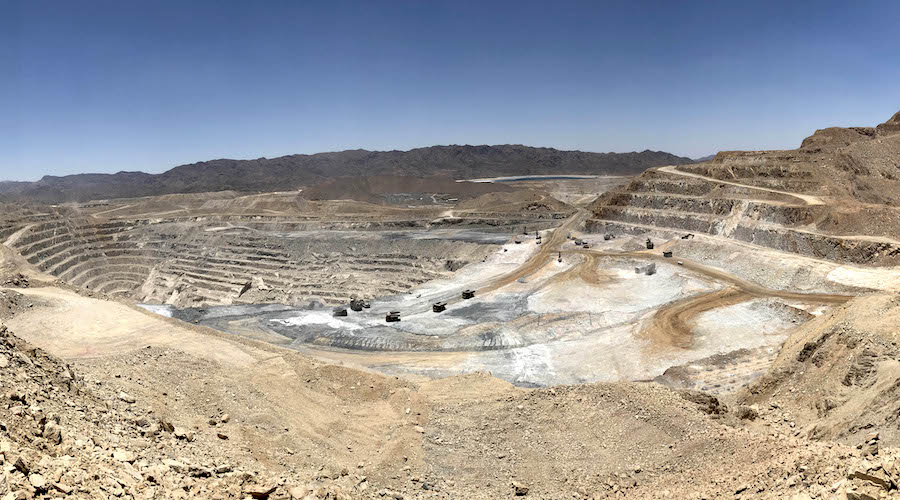
“This change will deliver significant cost savings and improve operational control and mining flexibility, whilst also enabling the company to upskill the local workforce,” it said.
Sukari, which began operations in January 2010, comprises a large open pit and an underground mine.
“A detailed transition plan to owner-operator mining is in place with implementation underway, including utilising a third-party underground mining specialist to assist with workforce training,” the gold miner added.
Centamin said the decision to become owner-miner had been based on several factors.
Perhaps the most important one was the 200% increase in underground proven and probable reserves at Sukari, as announced in December.
The underground mine currently has eight years left of productive life, but Centamin has identified near-term drill targets to extend it beyond 10 years by the end of 2022.
The model switch was also based on the strengthened operational leadership at Sukari, following inmvestment in highly skilled local professionals.
Five-year contract
Centamin has a detailed transition plan to owner-operator mining underway, which includes hiring a third-party underground mining specialist to assist with workforce training.
The miner also said it had awarded Toronto-based exploration drilling firm Geodrill (TSX: GEO) a five-year contract to drill a minimum of 90,000 metres per year using five rigs. Geodrill said in a separate statement the contract was the largest in its history and would be worth at least $54.5 million.
Centamin, which is the current underground mining fleet from the incumbent contractor, has pushed up the company’s 2022 capex by $10.5 million to $225 million.
Sukari, Egypt’s sole gold-exporting mine and the first large-scale modern gold operation in the North African nation, contributes up to $900 million a year to the country’s gross domestic product.
Luring majors
Despite bountiful reserves of the precious metal and a rich mining history that supported the making of elaborate Pharaonic jewellery, Egypt’s mineral wealth remains largely under-explored and undeveloped.
The lack of activity was due, in part, to the country’s past system of royalties and profit-sharing agreements. They made it difficult and unprofitable for miners to explore for and exploit minerals.
A legislative overhaul in 2020 eliminated the need for miners to form joint ventures with the Egyptian government. It also limited state royalties to a maximum of 20%.
The country also announced a series of upcoming gold bid rounds, which have so far attracted mining heavyweights as well as juniors.
Other than Centamin, companies that have won concessions over the past year include Barrick Gold, B2Gold, Aton Resources, Altus Strategies’ subsidiary AKH Gold, Lotus Gold and Red Sea Resources.




